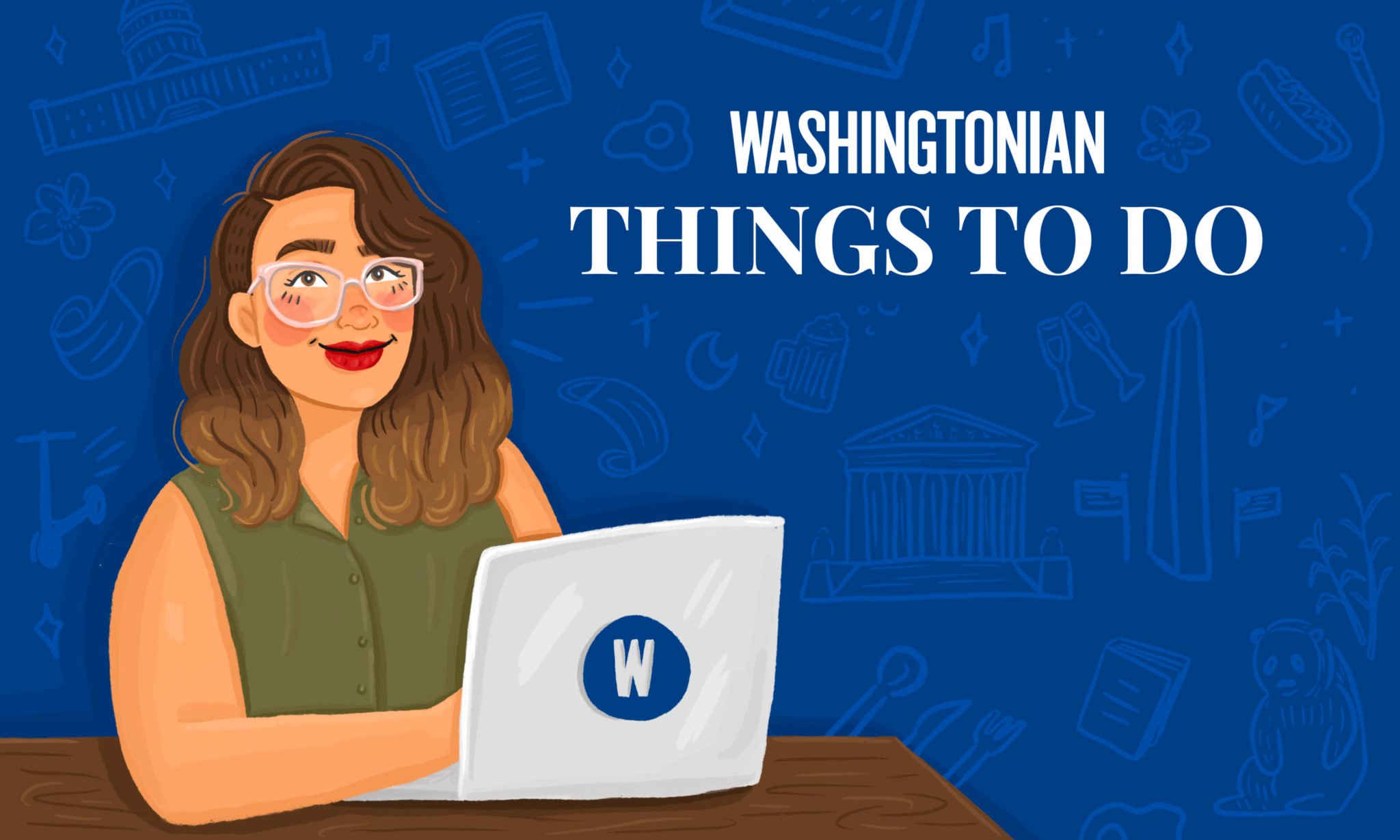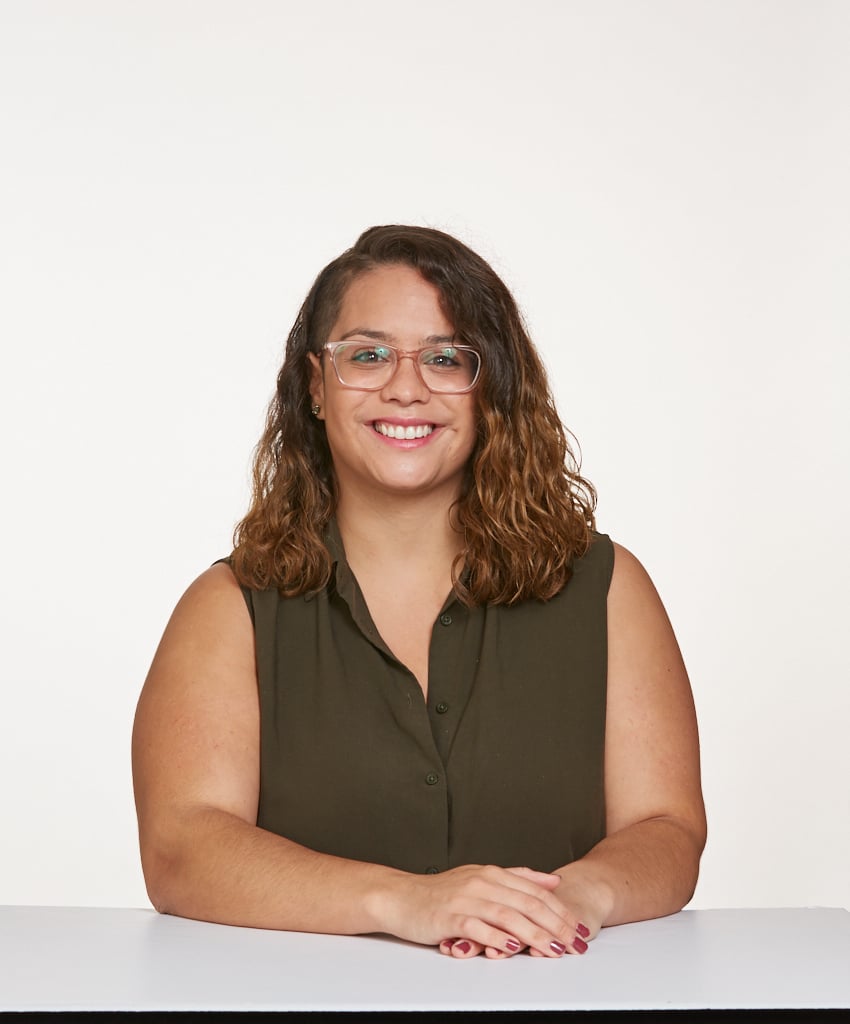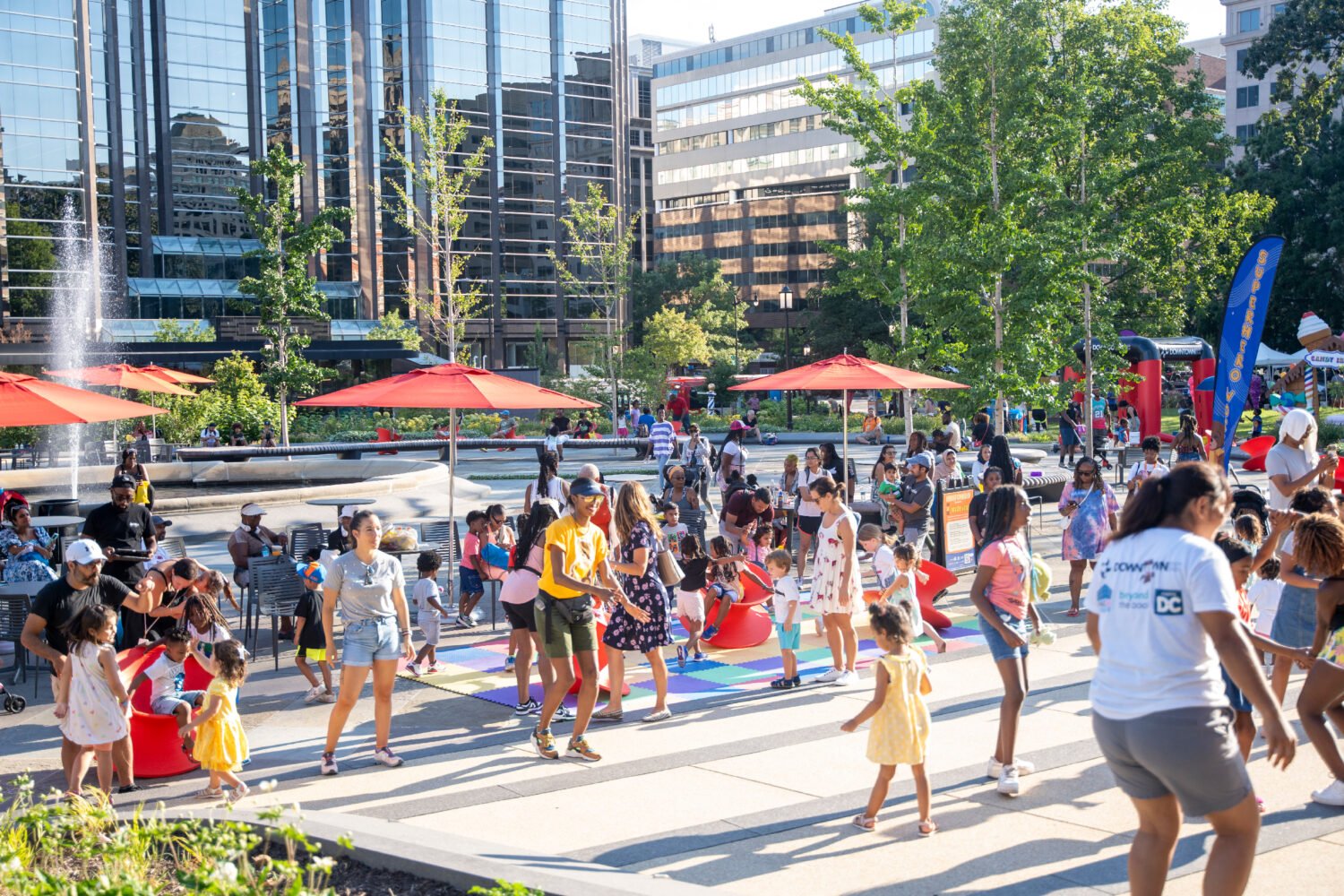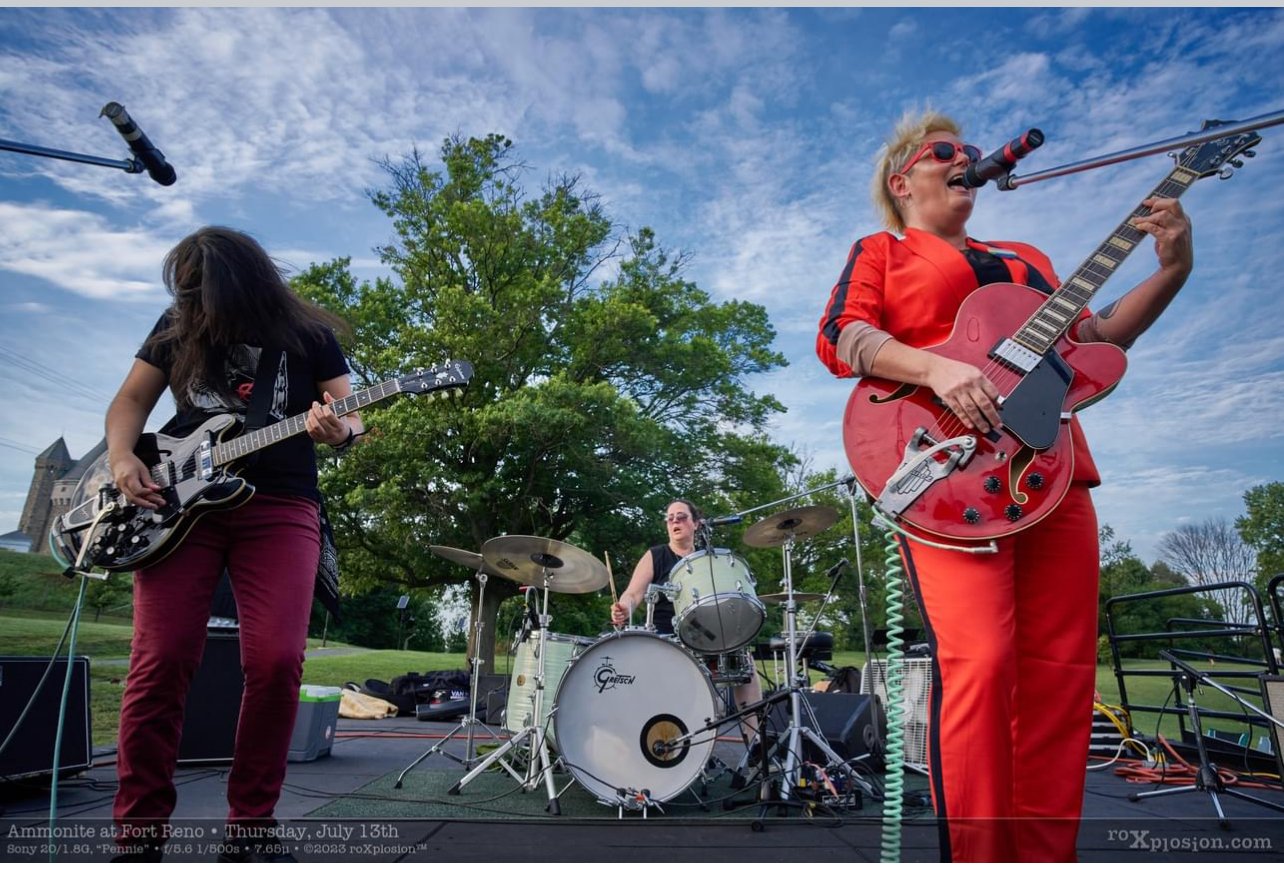Happy Monday!
We’ve got new murals, surprising spies, and a talk with queer music makers.
Here’s what you should check out this week:
Pencil it in: Illustrator Mari Andrew started her drawing career while living in Mount Pleasant. Now, she’s chatting about her latest book, My Inner Sky: On Embracing Day, Night, and All the Times in Between, with essayist Mary Laura Philpott in a virtual event from Sixth & I. Monday 3/8 at 7 PM; $12-$28 (with book included), buy tickets here.
Art from exile: It’s been ten years since Syria’s civil war began. To mark the difficult anniversary, the Middle East Institute’s Arts & Culture Center is opening a new exhibit, “In this Moonless Black Night: Syrian Art After the Uprising,” featuring works by 14 Syrian artists that explore trauma, displacement, and revolution in the wake of the violence. The show is open to visitors with timed appointments (masks up), though you can also opt to click through the artworks online. Monday 3/8 through July 16; Free, find out more here or book an appointment here.
Incognito: Learn about three spies who were instrumental in fighting Nazis in “Women in World War II: The Spies They Never Saw Coming,” a virtual event from the Holocaust Memorial Museum. Hear about the espionage of Josephine Baker, the famous French activist/singer, Virginia Hall, who was known as the “limping lady” after she lost her leg in an accident, and Noor Inayat Khan, an Indian Muslim princess who was tragically captured and killed for her work. Wednesday 3/10 at 9:30 AM; Free, watch it on Facebook live here.
Looking back: In her new novel Yellow Wife, Sadeqa Johnson writes about an enslaved woman’s journey after she’s locked up in an infamously horrid jail near Richmond (which is based on a real place). Johnson will chat about the historical fiction with her former teacher Marita Golden, founder of the local Hurston/Wright Foundation, in an online event from the DC Public Library. Wednesday 3/10 at 6 PM; Free, watch it on Facebook live here.
Call your girlfriend: Tune into a panel discussion on how queer creatives make music in “OutLoud! LGBTQI+ Experiences in the Music Industry,” a virtual event from the DC Jazz Festival and the Finnish and Swedish embassies. Eight speakers from the US, Sweden, Germany, and Finland—including Orange Is the New Black’s Lea DeLaria (Big Boo)—will chat with moderator and local DJ John Murph. There will also be time for a Q&A with the audience. Thursday 3/11 at 1 PM; Free, register here.
Go for a walk: If you end up in Dupont Circle, you can see the new mural of Amanda Gorman, the inspiring poet who spoke at the inauguration. Alternatively, stroll along the Wharf to catch the massive crochet mural of Kamala Harris, installed to mark International Women’s Day.
Something new:
Thanks for reading! Tell me what you’re up to at home by dropping me a line at rcartagena@washingtonian.com.













